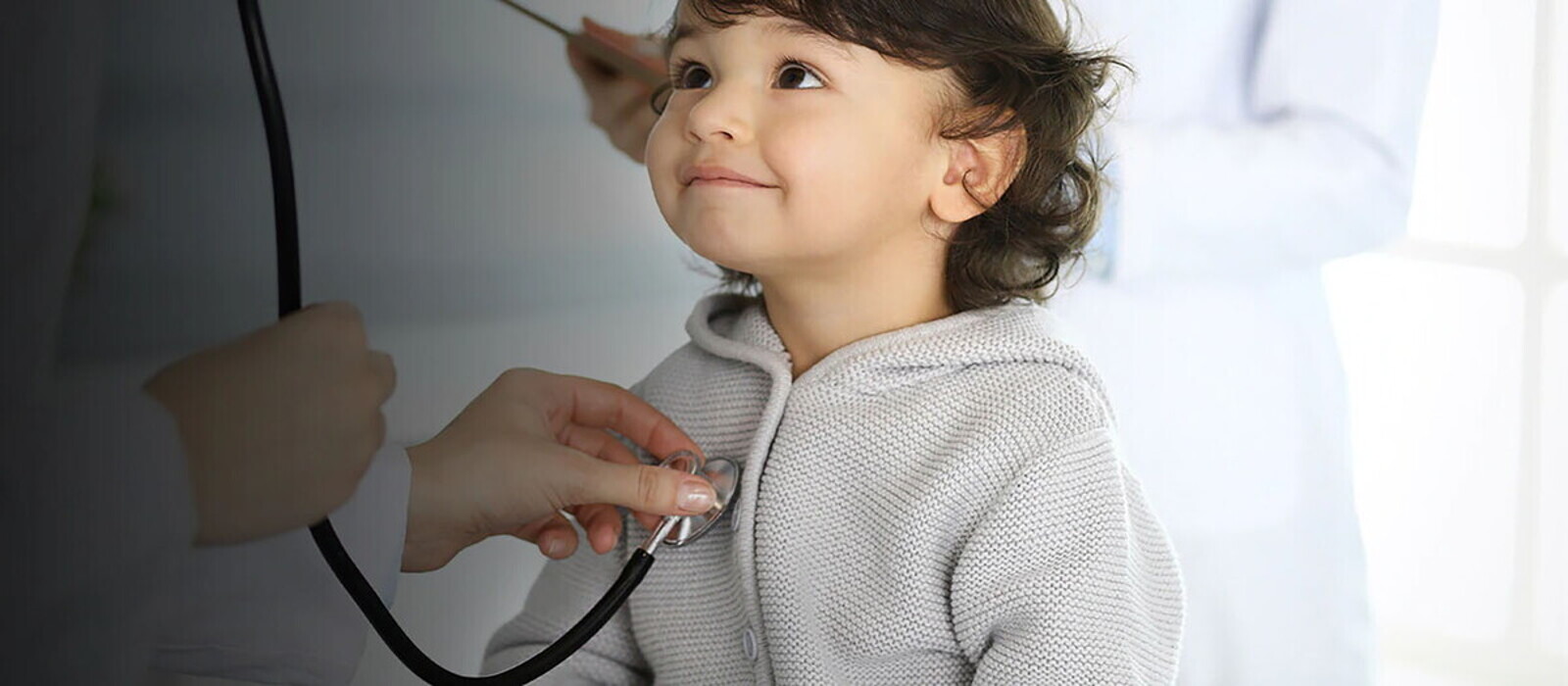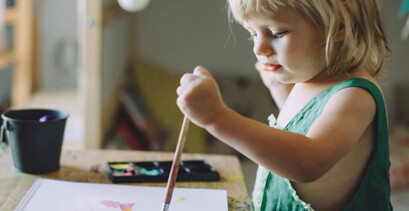Pregnancy Health Check-Ups
Explore everything you need to know about the appropriate time to visit the pediatric and when to do so. Click here to learn more!
How often should my toddler see the doctor?
Outside of visits to the doctor for an illness, most toddlers tend to have regular checkups, also known as well-patient exams, at 1 year, 15 months, 18 months, 2 years, and 3 years of age. However, normal practice in your country may vary so check with your health care professional to see what he or she advises.
If my child is healthy, does he really need to go for checkups?
Keeping to the schedule of checkups is important even if your child appears to be well. These visits provide an opportunity for the doctor to monitor whether your child is growing properly and a chance for you to discuss any concerns that you may have about your child's development.
What usually happens at a routine health checkup?
Practices may vary slightly in your doctor's office, but a routine exam typically includes
- Measurement of weight, height, and head circumference
- Evaluation of vision and hearing
- Assessment of physical and mental development. The doctor will both examine your child and ask you questions.
- Discussion about behavior, eating habits, general health
- Discussion about what to expect as your child develops over the coming months
- Discussion of any questions or concerns that you might have
- Immunizations
- Possibly a blood, urine, or other test
Share

The Magnificence of a Developing Child
A famous Italian psychologist, Professor Loris Malaguzzi wrote: “It’s necessary that we believe that the child is very intelligent and competent, that the child is strong and beautiful and has very ambitious desires and requests. This is the image of the child that we need to hold.” (Loris Malaguzzi, Reggio Emilia 1993)




